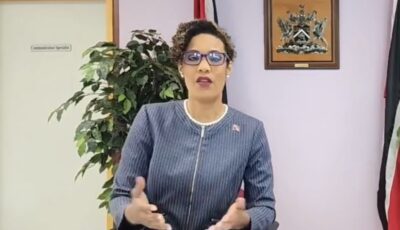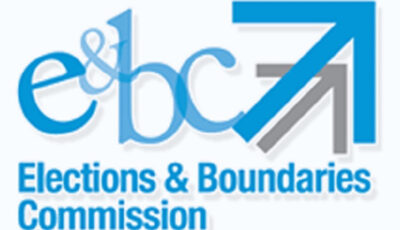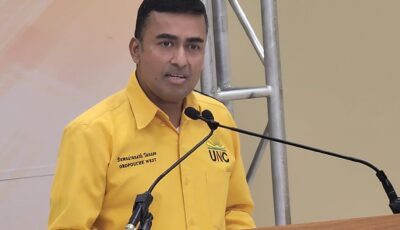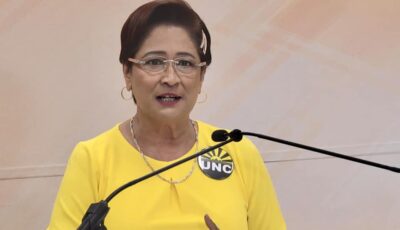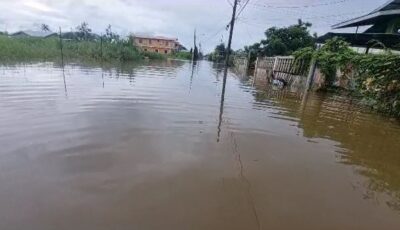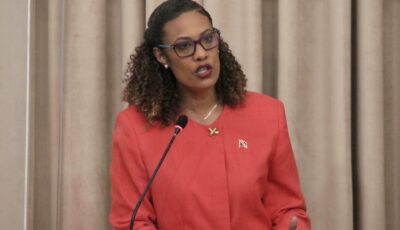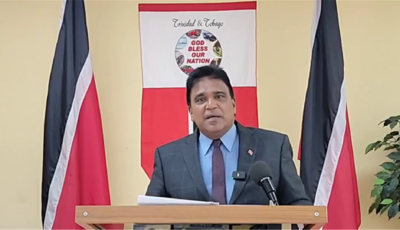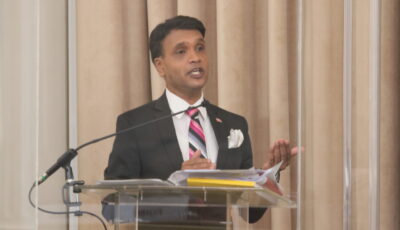Govt, World Bank in US$2.4M ICT programme
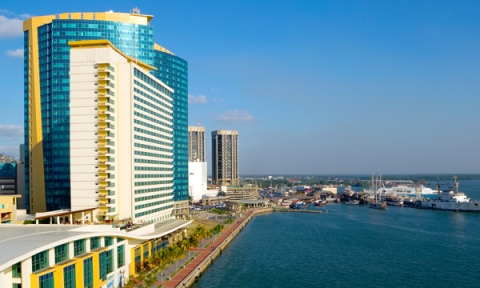 GOVERNMENT and the World Bank will embark on a US$2.4 million programme featuring “high impact” programmes to fulfil the country’s national aspiration of a digital and e-ready Trinidad and Tobago.
GOVERNMENT and the World Bank will embark on a US$2.4 million programme featuring “high impact” programmes to fulfil the country’s national aspiration of a digital and e-ready Trinidad and Tobago.
The plan was announced on Monday by Ingrid Seerattan, Permanent Seretary in the Ministry of Science and Technology as she delivered an address on behalf of the Minister of Science and Technology, Dr Rupert Griffith. She was speaking on the first day of the Trinidad and Tobago ICT Business and Innovation Symposium 2014 held at the Hyatt Regency Trinidad.
She said the Ministry of Science and Technology is also developing the appropriate e-legislation and regulatory framework to facilitate the programmes.
According to Seerattan, the plan will be implemented by a Smartt Secretariat which will be run by senior public and private sector business executives. She said, “It is our hope that with the effective roll-out of our smart plan, challenges traditionally identified in the administration and delivery of services of government to government, citizen, businesses and the public associated with internal and external communication with government machinery will soon be a thing of the past. Inefficiency and high expenses relative to processing of paper documents, difficulties associated with paper document search, location, retrieval, sharing and management is expected to be minimised.” Delivering the keynote address was Futurist Gerd Leonhard, who said that while Trinidad and Tobago is an oil and gas resource economy it will eventually have to look to new products because it will lose those resources or see diminished revenue streams from them.
In his address, “Looking to the Future: Opportunities and Challenges of a Networked Society,” Leonhard told participants that there are companies which are making 50 percent of their money from things that didn’t even exist seven years ago, adding that this is going to happen to more and more companies.
He said that in the future natural resources will be available through water, wind and solar, renewable energies, because technology will have invented ways of using them. He said right now one can use solar energy from Mexico but it cannot be transported to England. However, he said that in the future technology will have solved all these problems so there will be a lot more supply of energy and it will not be an issue of struggling with price per barrel. “That’s still going to be good for maybe 10 or fifteen years but eventually you are going to have to look for a new revenue stream.
“Right now its hard to imagine because the whole world runs on coal and gas and oil, but technology is inventing new ways of fusing energy, solar cell batteries. The batteries are going from being very small and not much power to incredibly powerful in ten years. So you can imagine in fifteen years when the solar cells are like little pieces of paper.”……READ MORE

